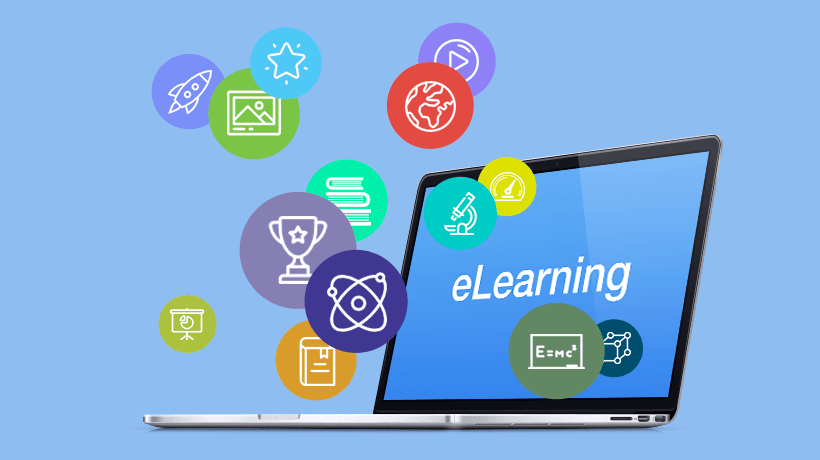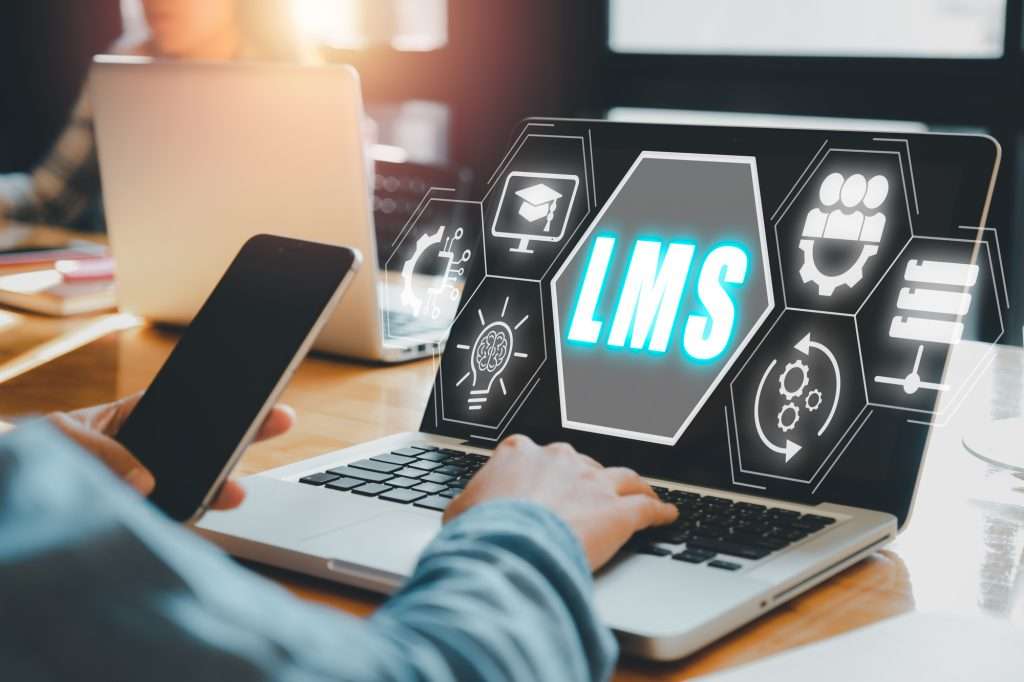The Ultimate Overview to Choosing the Right Discovering Administration System
Selecting an appropriate Discovering Administration System (LMS) is a pivotal choice that can considerably impact instructional effectiveness and total organizational objectives. The subtleties of these factors to consider raise vital concerns that warrant exploration, specifically as the landscape of digital understanding continues to advance.
Understanding Discovering Monitoring Solution
In the context of modern education and training, a Learning Administration System (LMS) acts as an essential tool for providing, monitoring, and managing educational content. An LMS assists in the company of academic sources, enabling organizations and companies to produce a central hub for finding out materials. This system supports different finding out modalities, including on-line courses, mixed discovering, and typical classroom settings.
LMS platforms are created to boost the learning experience by supplying an organized setting where students can access content at their ease. They often include functions such as evaluations, progression monitoring, and coverage devices, which help educators check student performance and engagement. Furthermore, LMSs can be personalized to satisfy the certain demands of various students and companies, permitting for tailored educational experiences.
The integration of an LMS into educational settings also promotes cooperation amongst students and instructors, cultivating a feeling of area via conversation online forums and group projects. As organizations increasingly acknowledge the value of constant discovering and advancement, the role of LMSs in helping with effective training solutions proceeds to expand, positioning them as important possessions in the educational landscape.
Key Attributes to Take Into Consideration
When choosing a Knowing Management System (LMS), numerous crucial functions require careful factor to consider to make sure the platform straightens with instructional goals. Firstly, user-friendliness is essential; an uncomplicated interface facilitates convenience of navigating for both learners and managers.

Combination with existing tools is another substantial aspect; the LMS needs to perfectly get in touch with devices like CRM systems, video conferencing systems, and content databases. canvas singapore. Mobile compatibility is increasingly important, as learners often like access to resources on-the-go
Additionally, customization choices permit institutions to customize the LMS to their specific branding and pedagogical needs. Last but not least, consider the platform's scalability, guaranteeing it can accommodate future growth and modifications in individual need. Focusing on these essential attributes will assist in picking an LMS that properly enhances the discovering experience and fulfills institutional objectives.
Prices Designs and Budgeting
Budgeting for an Understanding Management System (LMS) needs a detailed understanding of numerous pricing models to guarantee a lasting financial investment. Organizations needs to review their specific needs and long-term goals while thinking about the economic ramifications of each LMS alternative.

In enhancement to the base pricing, companies ought to additionally take into consideration prospective extra costs such as execution, upkeep, and support solutions. It is critical to evaluate the overall price of possession over the LMS's lifecycle, consisting of potential upgrades or extra functions that might be necessary as the organization grows. By meticulously analyzing these prices designs and associated prices, companies can make educated decisions that line up with their budgetary restrictions and instructional objectives.
Assessing Individual Experience
Examining the efficiency of an Understanding Administration System (LMS) exceeds economic considerations; individual experience plays a crucial role in the general success of the platform. A well-designed individual interface can dramatically improve interaction and retention, making it necessary to evaluate how user-friendly the system is for both managers and students.
When examining individual experience, consider navigational simplicity, access features, and the responsiveness of the platform across different tools. An LMS should offer a smooth experience, permitting users to quickly locate sources, track progress, and involve with web content without unnecessary friction.
Furthermore, collect comments from actual individuals to gauge fulfillment degrees and identify prospective discomfort factors. Focus groups or studies can use valuable insights into exactly how students connect with the system and any type of difficulties they encounter.
It's likewise critical to analyze the level of personalization readily available within the LMS. A flexible platform that allows organizations to tailor the interface and features to their certain demands can significantly improve individual interaction. Eventually, a favorable individual experience promotes an understanding setting that urges engagement and promotes expertise retention, making it a key consider the selection of an LMS.
Implementation and Support Alternatives
Successfully rolling out a Learning Monitoring System (LMS) calls for mindful factor to consider of both implementation methods and recurring assistance alternatives. A tactical application strategy is important for lessening interruptions and making best use of customer fostering. Organizations ought to assess whether they will take care of the application in-house check my source or work together with the LMS vendor. Internal teams may call for training and resources to effectively establish and personalize the system, while vendor collaborations can supply experience and enhance the process.
Recurring support is equally crucial to ensure the LMS stays effective and easy to use - canvas singapore. Organizations should examine the kinds of assistance offered by the vendor, consisting of technological assistance, click here for more user training, and regular updates. A robust assistance system can help solve issues swiftly, therefore improving customer complete satisfaction and interaction
Additionally, think about the accessibility of sources such as user handbooks, Frequently asked questions, and online forums. These can equip customers to troubleshoot their own concerns and foster a sense of area. Inevitably, the right application and assistance alternatives will certainly not only help with a smoother shift to the LMS yet additionally add to its long-term success within the organization.
Final Thought
In final thought, picking an appropriate Learning Administration System (LMS) requires cautious factor to consider of a number of essential aspects, including key features, pricing models, user experience, and implementation techniques. A well-chosen LMS not only improves academic results but likewise cultivates cooperation amongst individuals and integrates perfectly with existing tools. canvas singapore. Ultimately, a comprehensive analysis of these components will certainly support organizations in attaining their instructional goals and making sure a successful understanding setting for all stakeholders entailed